The corona virus detected in China, designated by specialists as SARS-CoV-2 (COVID-19), has caused innumerable cases of respiratory infections, since it is easily transmitted when coughing or sneezing through saliva drops and respiratory secretions. We are going to know how to protect yourself from corona virus by this post.
The symptoms of COVID-19 are similar to those of the flu, and can cause cough, fever, shortness of breath, and headache. Although the way the virus works is not yet known exactly, the WHO recommends that anyone with symptoms who has been in China, Italy, Iran or anywhere else with a high number of cases, or has been in contact With someone who may be infected, contact the hospital or health post in your region to find out how to proceed.
How To Protect Yourself From Corona Virus
General Care To Avoid Getting The Virus
As for people who are not infected, it is recommended to protect yourself to avoid possible contagion, taking general measures against any type of virus, such as:
1. Frequently wash your hands with soap and water for at least 20 seconds, especially after being in contact with someone who may be sick, or when you get home from the street;
2. Avoid frequenting closed and crowded public places , such as shopping malls or gyms, seeking to stay at home as long as possible;
3. Cover your mouth and nose whenever you need to cough or sneeze , using disposable paper or clothing, for example;
4. Avoid touching the eyes, nose and mouth ;
5. Use individual protection masks to cover the nose and mouth, whenever it is in a closed place;
6. Do not share personal objects that may be in contact with saliva drops or respiratory secretions, such as cutlery, glasses and toothbrushes;
Avoid contact with wild animals or any type of animal that appears to be sick;
8. Cook any type of food well , especially meat, and wash or remove the skin of foods that do not need to be cooked, such as fruits;
9. Keep closed rooms well ventilated , open windows to allow air circulation.
#1. How To Protect Yourself at Home
During a pandemic like the one happening with COVID-19, it may be recommended to stay home as long as possible to avoid mass contact of people in public places, as this facilitates the spread of the virus.
In these cases it is important to have some specific care at home to protect the whole family, which include:
*Take off your shoes or clothes when entering the house , mainly in case you have been in a public place with many people;
*Wash your hands before entering the house or, if this is not possible, immediately after entering;
*Frequently clean surfaces and objects that are used the most , such as tables, shelves, handles, remote controls or cell phones, for example;
*Wash clothes worn outdoors or those that are visibly dirty . Ideally, wash at the highest recommended temperature for the fabric type of each piece. During this process it is advisable to wear gloves;
*Avoid sharing plates, cutlery or glasses with family members, in addition to dividing the food;
*Avoid close contact with family members , especially those who need to go frequently to public places, avoiding kisses or hugs during the time when the greatest number of cases are reported;
In addition, it is important to follow general precautions against the virus, such as covering your nose and mouth in case of coughing or sneezing, as well as avoiding that several people stay in the same room.
In case there is a sick person in the house it is important to have extra preventive measures, such as isolating that person in a separate room.
How to prepare an isolation room at home
The isolation room aims to separate sick people from other healthy family members until they are discharged or until they have had a test for corona virus and a negative result. This is because the corona virus produces flu-like or cold-like symptoms and there is no other way to confirm whether or not you are infected with this virus.
This type of room does not need special preparation, but it must have a closed door and the sick person does not leave the room. In case it is necessary to go to the bathroom, for example, it is important to use a mask so that the person moves through the corridors of the house. In the end, the bathroom should be neat and disinfected every time it is used by this person, mainly the toilet, shower and sink.
Inside the room, the person should take the same general care, such as using disposable handkerchiefs to cover his mouth and nose when coughing or sneezing, and washing and disinfecting his hands frequently. Any objects that you use inside the room, such as plates, glasses or cutlery, should be moved with gloves and washed immediately with soap and water.
In addition, in the event that a healthy person enters the room, they should wash their hands before and after being in the room, as well as use gloves and disposable masks.
Who should remain in an isolation room
The isolation room should be reserved for sick people with mild or moderate symptoms who can be treated at home, such as general malaise, constant coughing or sneezing, low fever or a cold.
If the person has more severe symptoms, such as fever that does not improve or difficulty breathing, it is important to contact the health authorities and follow the professionals’ instructions. If indicated to go to the hospital, you should avoid public transport and use a disposable mask.
#2. How To Protect Yourself at Work
During a pandemic, as in the case of COVID-19, the ideal is to do the work at home whenever possible. However, if this is not possible, there are some rules that help reduce the risk of getting the virus at work:
*Avoid close contact with coworkers, such as kisses, hugs, or handshakes;
*Ask sick workers to stay home and not report to work. This also applies to those with symptoms of unknown origin;
*Avoid crowds indoors , such as in the dining room, taking turns with small groups of people for lunch or lunch;
*Frequently clean all surfaces in the workplace , especially tables, chairs, and objects such as computers or monitors.
To these rules must be added general care against any type of virus, such as keeping windows open when possible in order to allow air circulation and clean the environment, for example.
#3. How To Protect Yourself In Public Places
Just like work, public places should also be avoided unless it is necessary, as in the case of supermarkets or pharmacies to buy groceries or medicines, for example.
Other places such as shops, cinemas, gyms or cafes should be avoided, since they are not considered as primary necessities in addition to favoring the crowding of people.
Therefore, if it is necessary to go to a public place, it is important to take into account some specific care, such as:
*Stay as short as possible in the place , and leave immediately after completing the purchase;
*Avoid touching the door handles with your hands , choosing to use your elbows to open them whenever you can;
*Wash your hands before leaving the public place to avoid spreading the car or the house;
*Choose times with fewer people.
You can go to public places with good ventilation and outdoors such as parks or gardens for walks or physical exercise, however it is recommended to avoid group activities.
What to do in case of suspicion
A suspicion of infection with the new corona virus (COVID-19) is considered when the person:
*You have been less than 14 days ago in countries with a large number of cases, such as China, Italy or South Korea, and you have symptoms of high fever, persistent cough and shortness of breath;
*You have been in contact with confirmed cases of COVID-19 and have symptoms of the infection, such as severe cough, shortness of breath, and high fever.
In these cases it is recommended that the person notify the local hospital or health center by means of a phone call and follow the instructions. If it is indicated to go to the hospital to carry out tests and confirm the diagnosis, it is important to take some care to avoid spreading the virus to other people, such as:
*Use a protective mask;
*Cover your mouth and nose with a disposable tissue whenever you cough or sneeze, discarding it in the trash after you have used it;
*Avoid direct contact with other people, through touch, kisses or hugs;
*Wash your hands before leaving home and when you arrive at the hospital;
*Avoid using public transport to go to the hospital or health center;
*Avoid staying indoors with other people.
In addition to this, it is important to notify people with whom you have had close contact in the last 14 days, such as family and friends, so that they can take the necessary precautions and remain alert to the appearance of symptoms.
In the hospital, the person with suspected COVID-19 will be isolated to prevent the virus from spreading and, subsequently, blood tests such as PCR, analysis of respiratory secretions and a chest tomography or radiography will be indicated, which They aim to identify the type of virus that is causing the symptoms. The person is released from isolation when the test results are negative for COVID-19 infection.
Is it necessary to use masks?
The disposable mask is not mandatory for all people, however it is indicated for those patients who need to travel to the hospital or other public place, such as the health center or pharmacy. This is because the mask protects people around from coming in contact with the drops that can be released when coughing or sneezing.
Apparently healthy people do not need to use masks, since there are other more important and effective hygiene measures, such as washing hands frequently with soap and water, avoiding close contact with apparently ill people and avoiding putting their hands to their faces.
However, if you opt for the use of masks, the surgical ones are sufficient in places that do not have a high number of cases, since these masks cover the nose and mouth, preventing the drops of sneezes and coughs from being suspended in the air.
However, in regions with a higher risk of infection, where there may already be a high viral load in the air, it is important to use other types of masks such as N95, N100, FFP2 or FFP3, as well as protective eye-wear. This type of protection is generally used in places with a high number of cases by health professionals in the hospital when direct contact with infected patients is made.
How Corona Virus is Transmitted
The types of viruses of the corona virus family can infect animals, such as camels, bats and cats, and the first cases of the new corona virus called SARS-CoV-2 (COVID-19), were identified in people who had contact with animals, for this reason The virus is believed to have been transmitted to people through animals.
However, many people infected with the new corona virus have not been in contact with animals, however, they were close to people infected by animals, confirming that transmission from one person to another is possible, through inhalation of the drops. airborne suspensions from respiratory secretions and contact with infected people.
Thus, due to the similarity of what happens with the flu that is transmitted in the same way, it is important to take protective measures, such as frequently washing your hands, avoiding placing your hands in the eyes, nose and mouth, in addition to avoid crowded public places.
How Long Does SARS-CoV-2 Survive
According to a scientific investigation carried out in the United States in March 2020, it was verified that SARS-CoV-2 is capable of surviving on some surfaces for up to 3 days, however, this time can vary depending on the material and the environmental conditions.
Thus, in general, the time that the virus that causes COVID-19 survives appears to be:
*Stainless steel and Plastic : up to 3 days;
*Copper : 4 hours;
*Carton : 24 hours;
*In the form of aerosols , after spraying, for example, up to 3 hours
This study suggests that contact with infected surfaces may also be a form of transmission of the new corona virus, however more studies are needed to confirm this form of contagion. Therefore, it is necessary to take precautionary measures, such as washing hands, using alcohol gel and disinfecting surfaces that may be infected. This disinfection can be carried out with normal detergents, 70% alcohol or a mixture of 250 ml of water with a tablespoon of chlorine.
How The Virus Affects The Body
The corona virus produced by COVID-19, known as SARS-CoV-2, was recently discovered, so its effects on the body are not yet known with certainty.
However, it is known that in some vulnerable groups it can produce quite intense symptoms that can be life-threatening. These groups include people with weakened immune systems, such as:
*Over 65 years of age;
*With chronic diseases such as diabetes, respiratory or heart problems;
*With kidney failure;
*Those who carry out some type of treatment that affects the immune system, such as chemotherapy;
*Those who have undergone transplants.
Wrap-Up!
In these groups, the new corona virus appears to produce symptoms similar to pneumonia, Middle East respiratory syndrome (MERS), or severe acute respiratory syndrome (SARS), all of which require intensive treatment in hospital. So it’s very essential to know about how to protect yourself from corona virus and need follow very carefully.

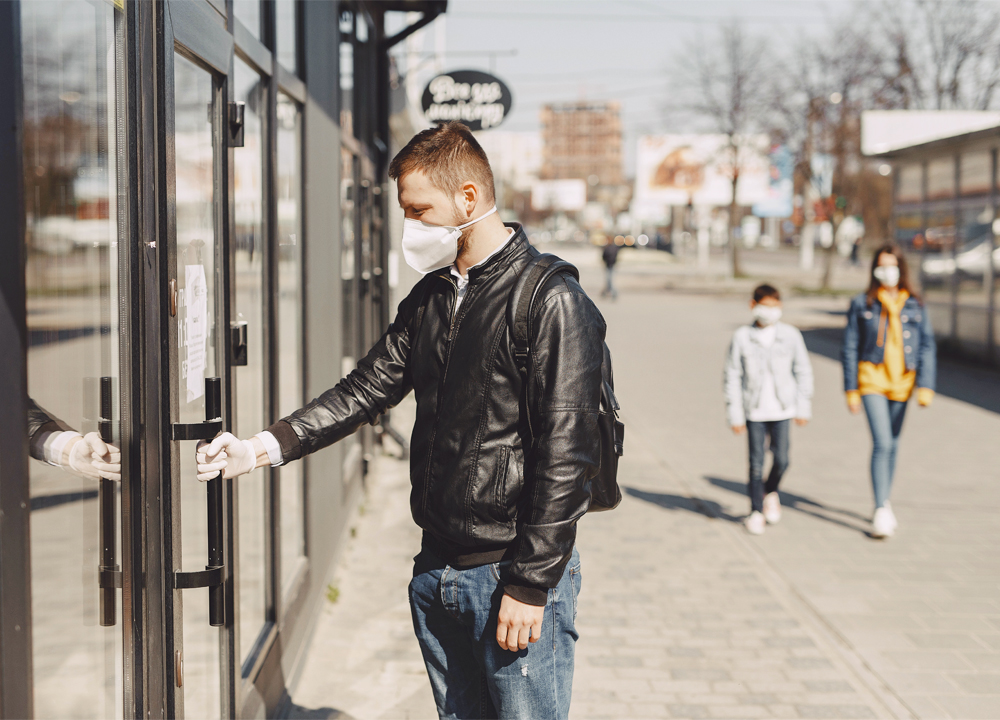
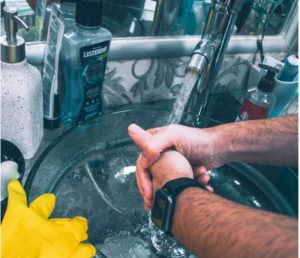
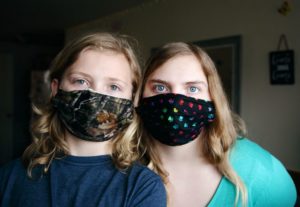
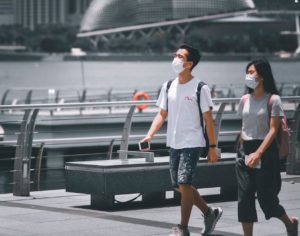
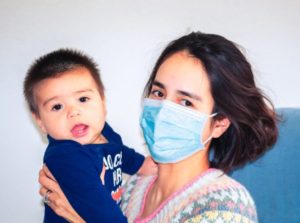





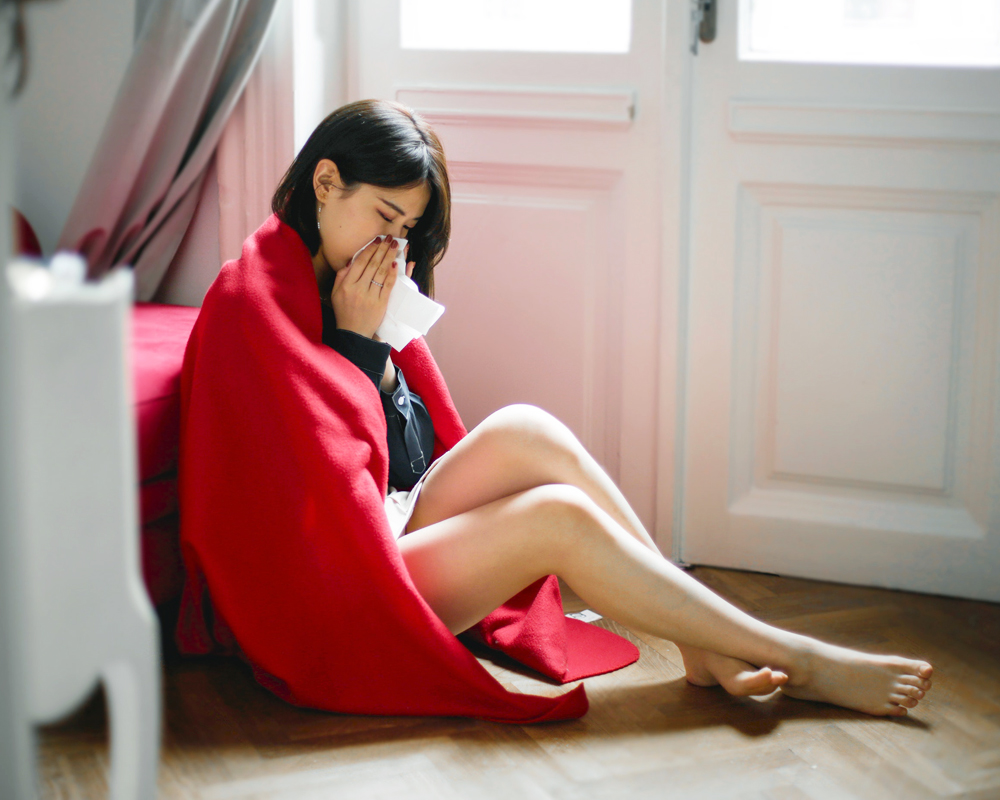
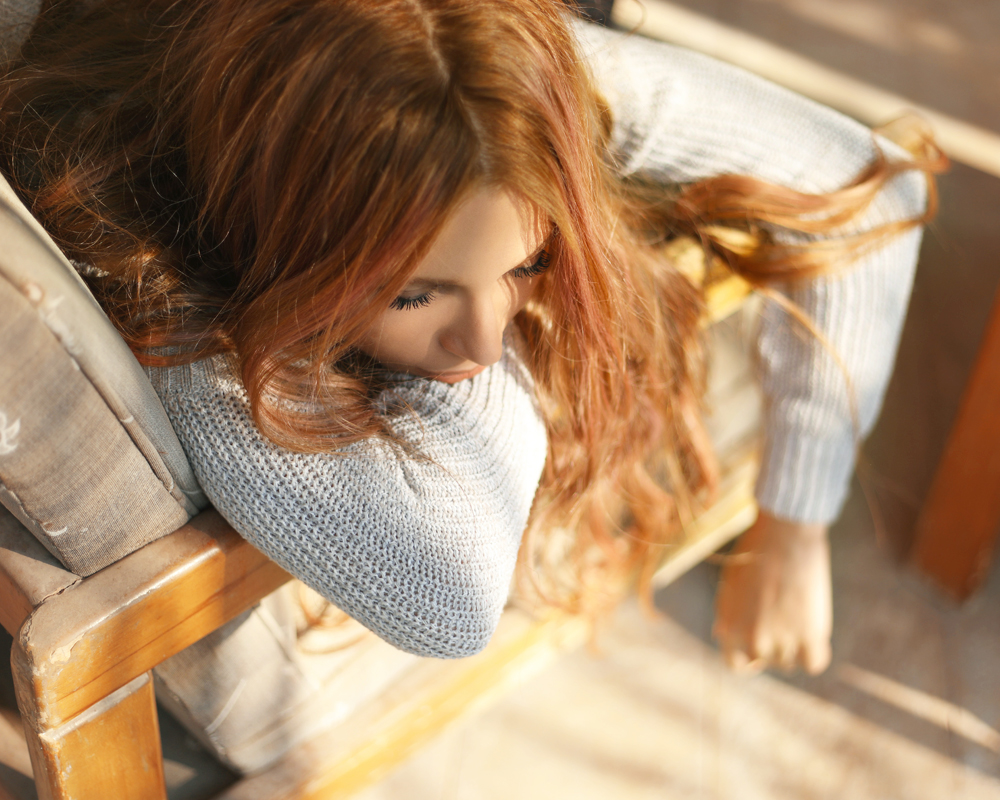


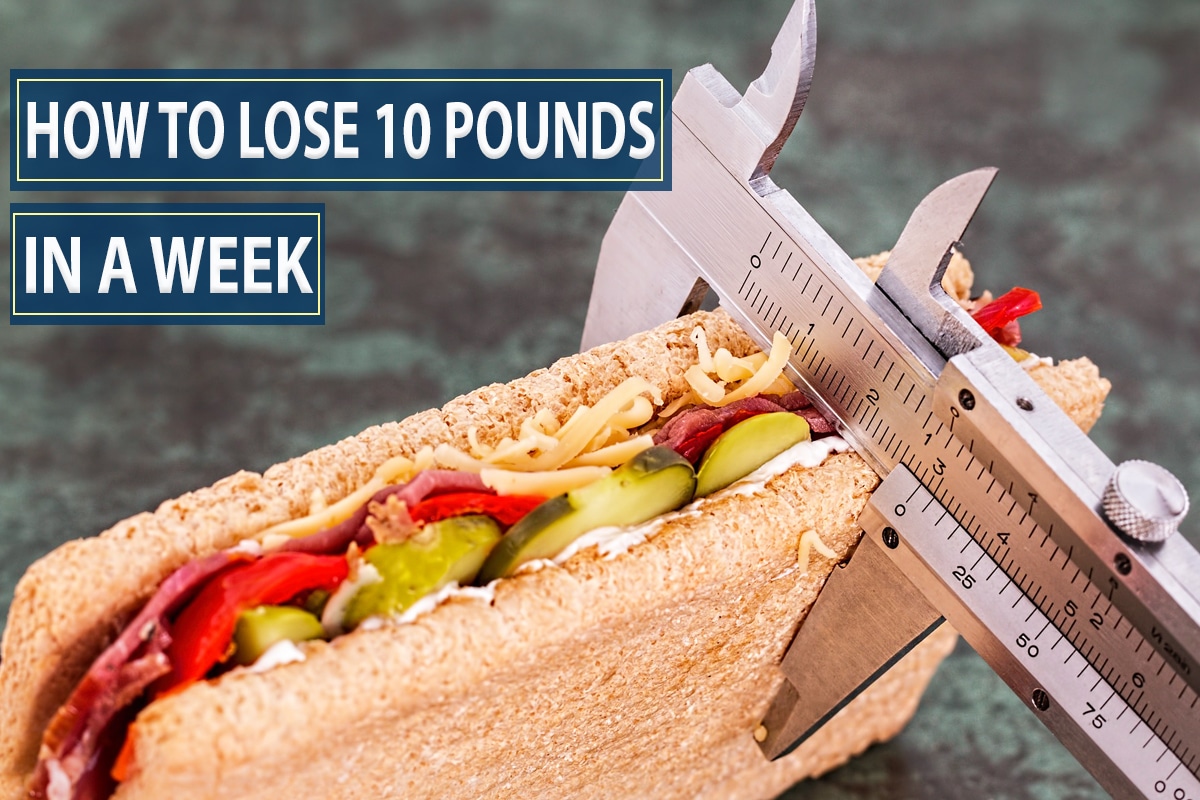
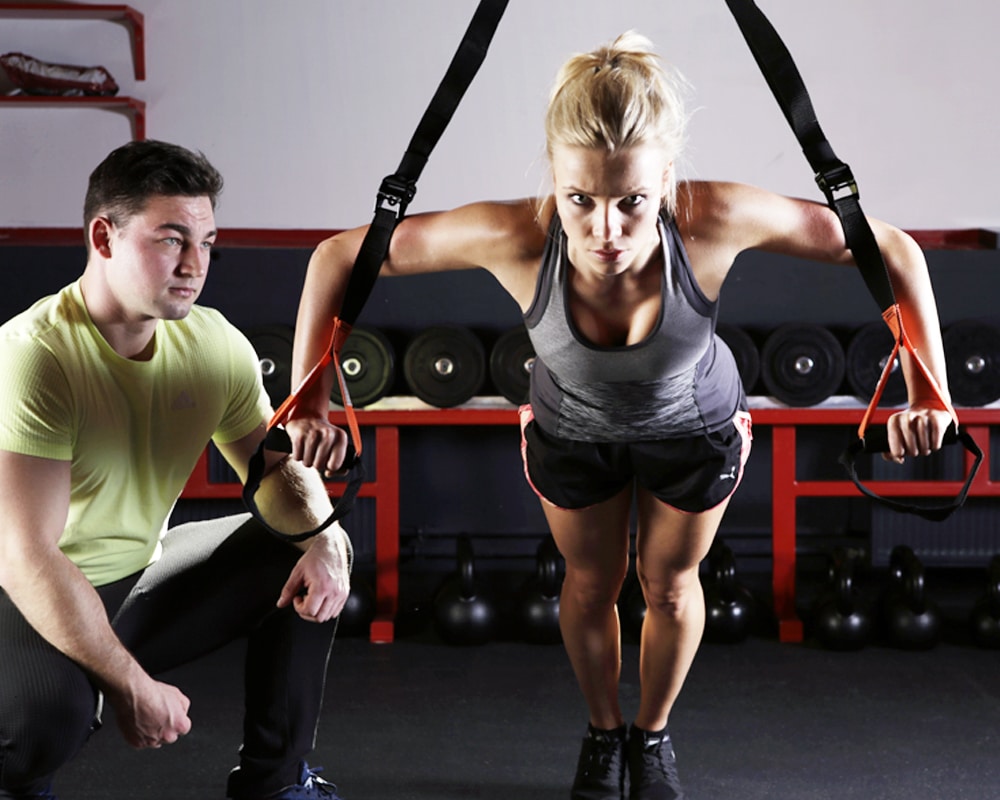
[…] COVID-19 or coronavirus has taken the world by storm. A bunch of businesses have closed down and some mayDue to the […]
[…] person is more dangerous in this COVID-19 time so must need to know about how coronavirus affects a diabetic […]